Document Author
Year Published
Topic
- (-) Remove 100% Access to Justice filter 100% Access to Justice
- (-) Remove Working Groups filter Working Groups
- Justice Tech Entrepreneurs (9) Apply Justice Tech Entrepreneurs filter
- Reports, Evaluations, Best Practices, Surveys (5) Apply Reports, Evaluations, Best Practices, Surveys filter
- Research (5) Apply Research filter
- Consumer Adoption (3) Apply Consumer Adoption filter
- Courts (3) Apply Courts filter
- Reports (3) Apply Reports filter
- Scaling in Court Systems (3) Apply Scaling in Court Systems filter
- Self-Help Centers (3) Apply Self-Help Centers filter
- Technology (3) Apply Technology filter
- Best Practices (2) Apply Best Practices filter
- Best Practices for Self-Help Centers (2) Apply Best Practices for Self-Help Centers filter
- Funding (2) Apply Funding filter
- Funding Strategies (2) Apply Funding Strategies filter
- Impact of Self-Represented Litigant Innovations on Cost and Efficiency (2) Apply Impact of Self-Represented Litigant Innovations on Cost and Efficiency filter
- Legal Aid (2) Apply Legal Aid filter
- Regulatory Concerns (2) Apply Regulatory Concerns filter
- Starting a Self-Help Center (2) Apply Starting a Self-Help Center filter
- Strategic Planning (2) Apply Strategic Planning filter
- Trial Court Self-Help (2) Apply Trial Court Self-Help filter
- About Cartography (1) Apply About Cartography filter
- Allied Professionals (1) Apply Allied Professionals filter
- ATJ Commissions (1) Apply ATJ Commissions filter
- Ethics Education (1) Apply Ethics Education filter
- Integration with Institutional Process (1) Apply Integration with Institutional Process filter
- Judges (1) Apply Judges filter
- Judicial Ethics (1) Apply Judicial Ethics filter
- Map Gallery (1) Apply Map Gallery filter
- Plain Language (1) Apply Plain Language filter
- Plain Language & LEP (1) Apply Plain Language & LEP filter
- Triage & Service Portal (1) Apply Triage & Service Portal filter
State
Region
- (-) Remove United States filter United States
Tags
Post date
Search results
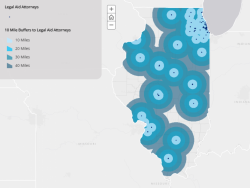
Presentation: Know Your Users- The Importance of User Experience in Court Planning and Operations (Court Technology Conference 2017)
The Illinois Supreme Court and SRLN created a mapping application to assess the court user's experience in Illinois. “User experience and thinking about our users helps increase efficiencies, helps us know what we don't know, and helps us better ...
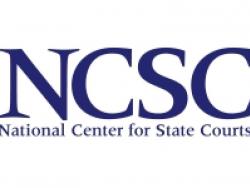
Report: Building A Litigant Portal: Business and Technical Requirements (NCSC 2015)
With funding from State Justice Institute, Thomas Clarke of the National Center for State Courts assembled two advisory committees – one to develop the business requirements for a litigant portal, and another to examine the technical requirements necessar ...
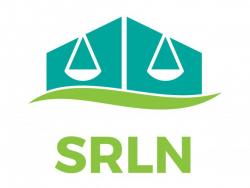
SRLN Brief: Procedural Fairness / Procedural Justice (SRLN 2015)
Research has shown that when defendants and litigants perceive the court process to be fair, they are more likely to comply with court orders and follow the law in the future—regardless of whether they “win” or “lose” their case. This is called procedural ...
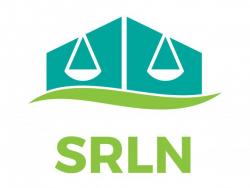
Report: Remote Appearances of Parties, Attorneys and Witnesses, A Review of Current Court Rules and Practices (SRLN 2017)
The Remote Appearances of Parties, Attorneys and Witnesses, A Review of Current Court Rules and Practices report is a follow up report to Serving Self-Represented Litigants Remotely – A Resource Guide. It "presents the author’s conclusions about the ...
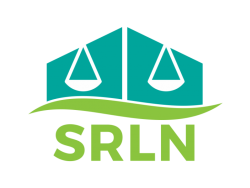
Best Practices: Best Practices in Court-Based Programs for the Self-Represented: Concepts, Attributes, Issues for Exploration, Examples, Contacts, and Resources (SRLN 2008)
This document, now in its second version, summarizes forty-two best practices in court based self-help service innovation, with descriptions of each practice, suggested attributes, examples and contacts. Recommended Citation, The Self-Represented Litiga ...
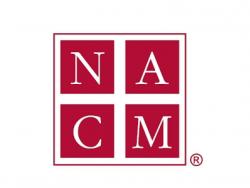
Article: Creating a User-Friendly Court Structure and Environment (NACM 2016)
This publication, from the National Association for Court Management (NACM), encourages the reader to this how the court environment- from the building, to the people, to the technology and resources- can be responsive to the needs and comfort of the publ ...
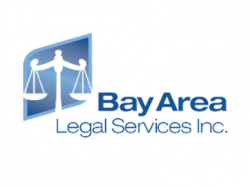
Webinar: Website Content Tips (Bay Area Legal Services 2018)
This 2018 Webinar, supported by a Technology Initiative Grant from the Legal Services Corporation to Bay Area Legal Services, Inc., will focus on creating effective legal self-help content using plain language, SEO, and social media strategies. For more i ...
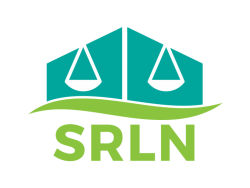
Resource: Title IV-D Funding Resource Guide (SRLN 2014, revised 2017)
Many state court systems and individual courts take advantage of federal funding under Title IV-D of the Social Security Act to obtain reimbursement for the costs of adjudicating child support and paternity matters when hearings are handled by persons oth ...

News: Child Support Federal Grant Matchmaking Expands Access to Justice by Promoting Strategic Collaborations (OCSE 2016)
The Office of Child Support Enforcement (OCSE) continues to be a driving force in ATJ through a variety of funding strategies that support innovations benefiting self-represented litigants (SRLs) including: IV-D reimbursements Formula Access and Visitatio ...